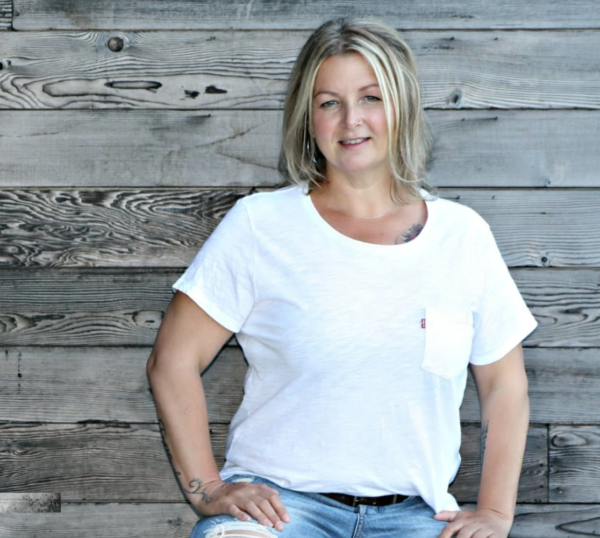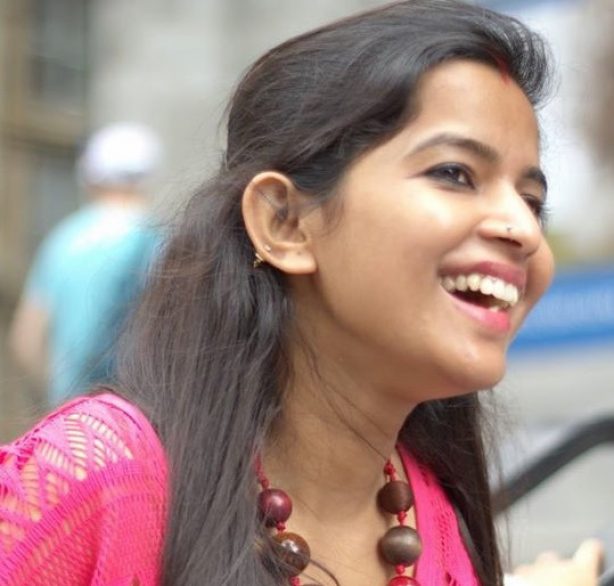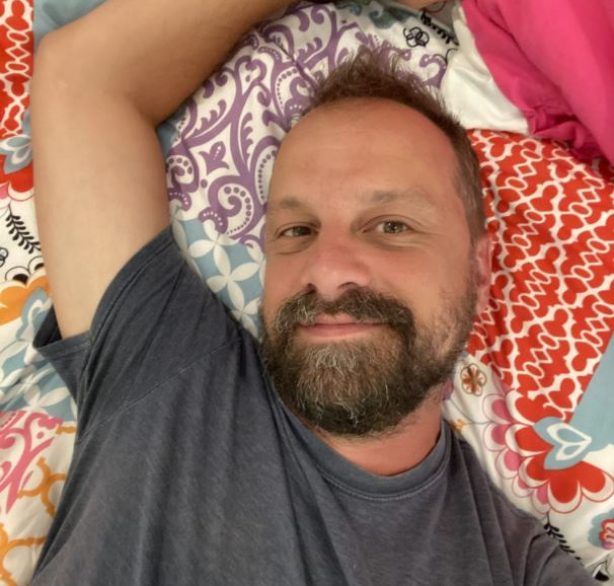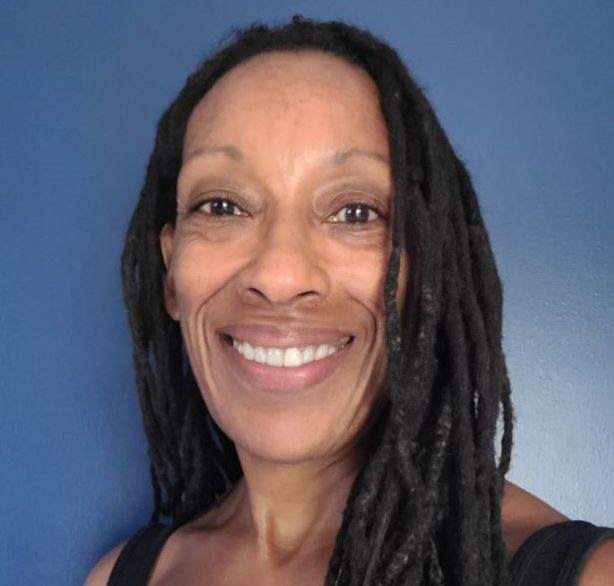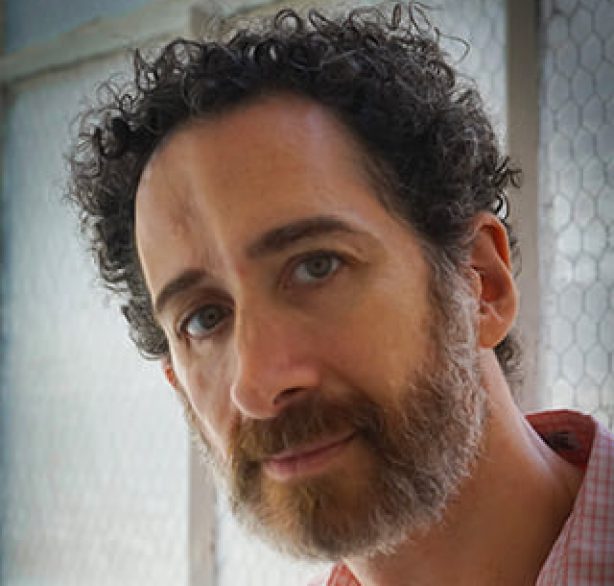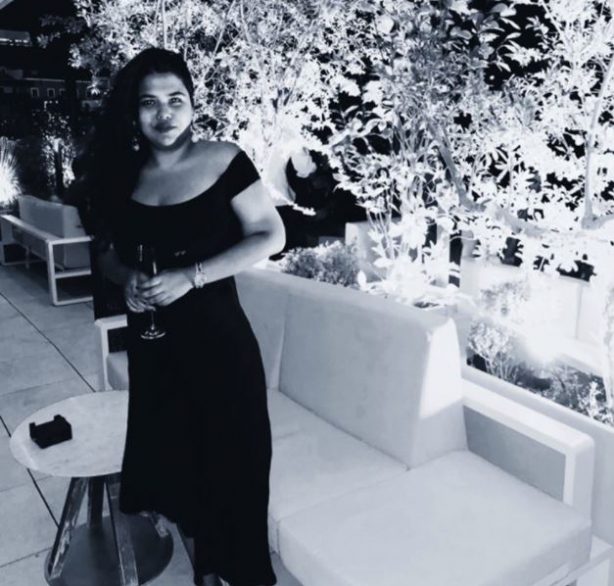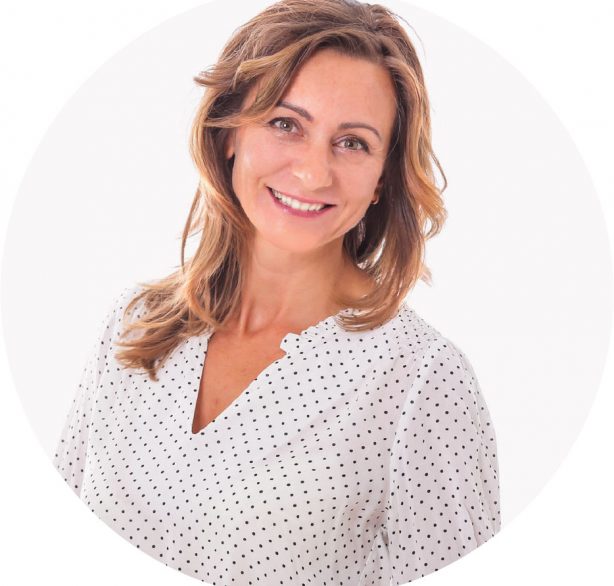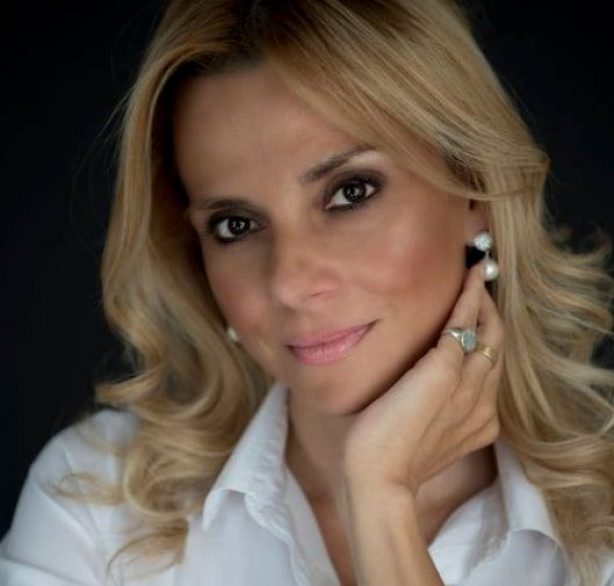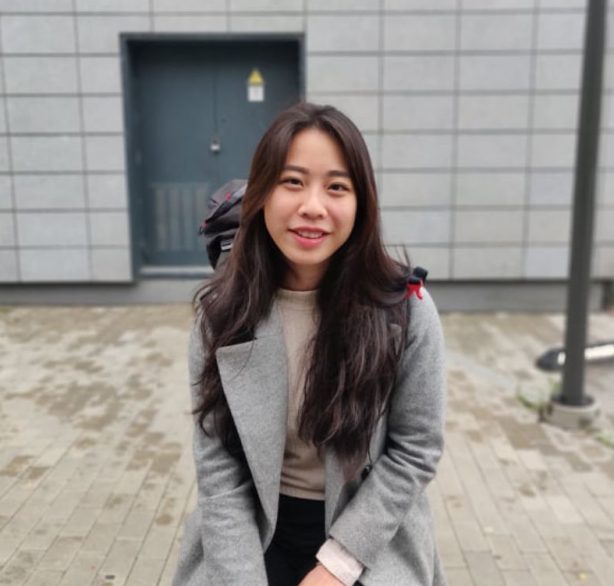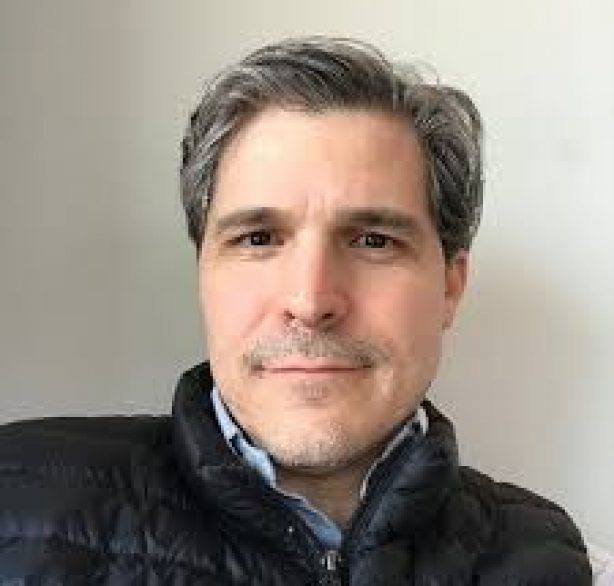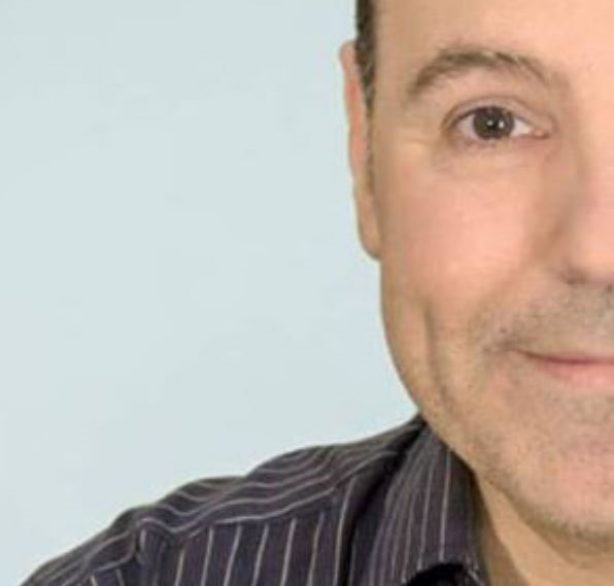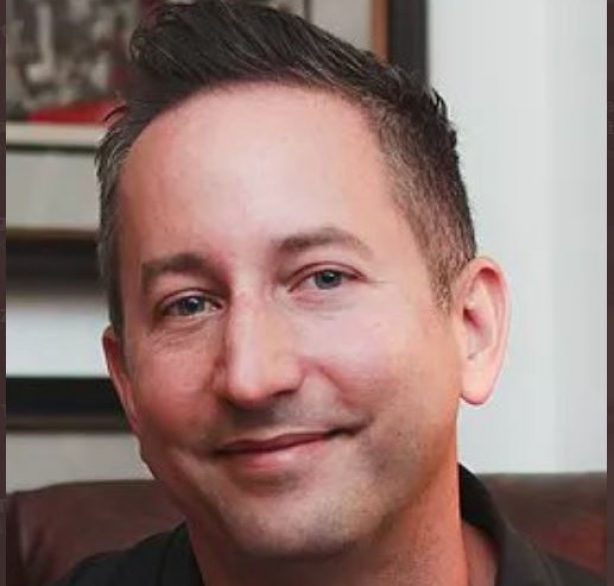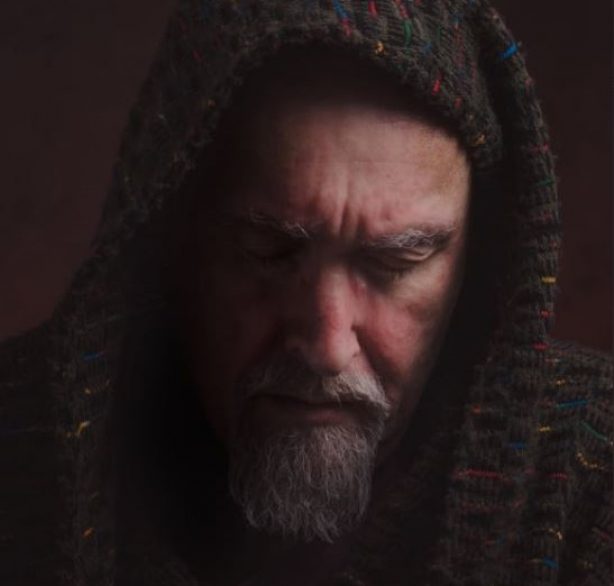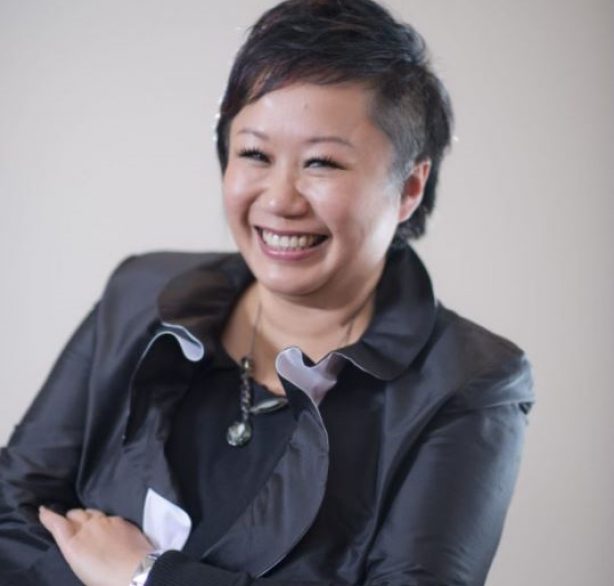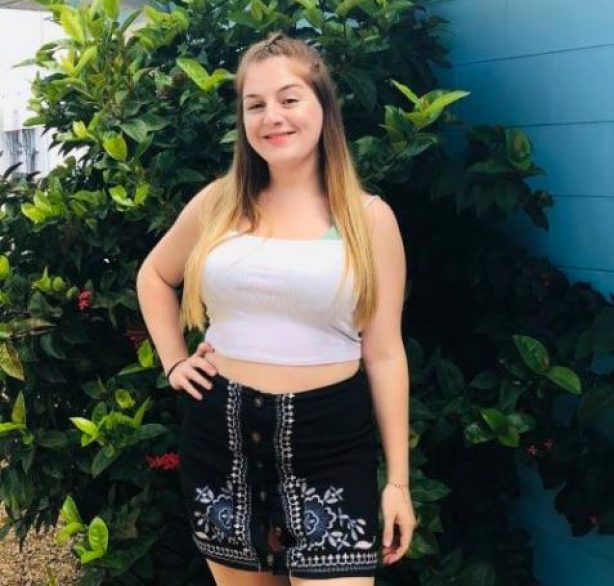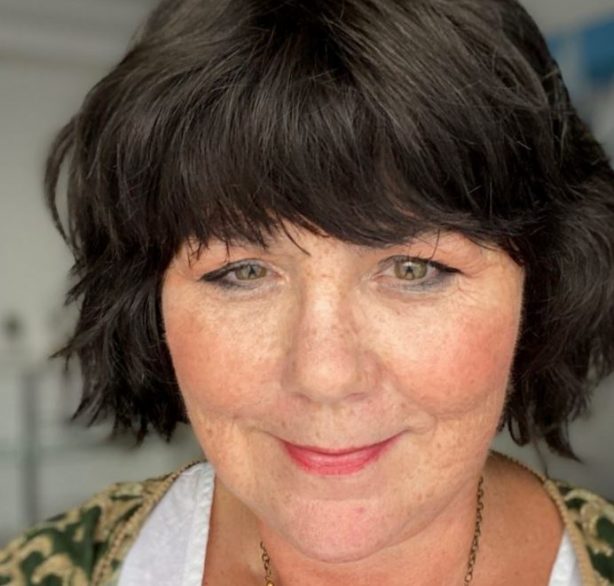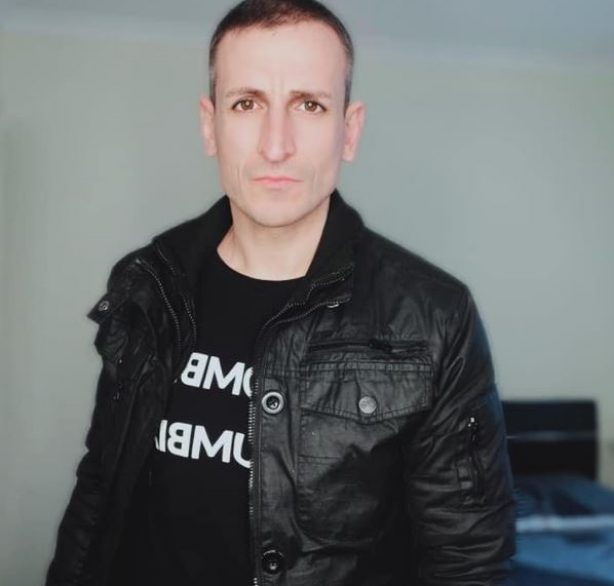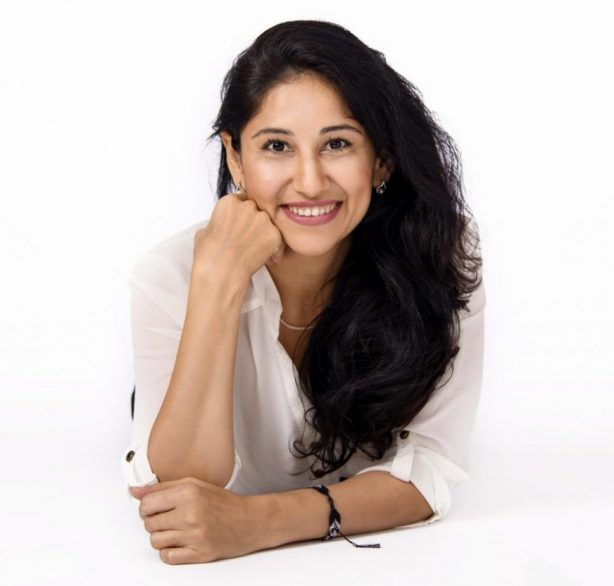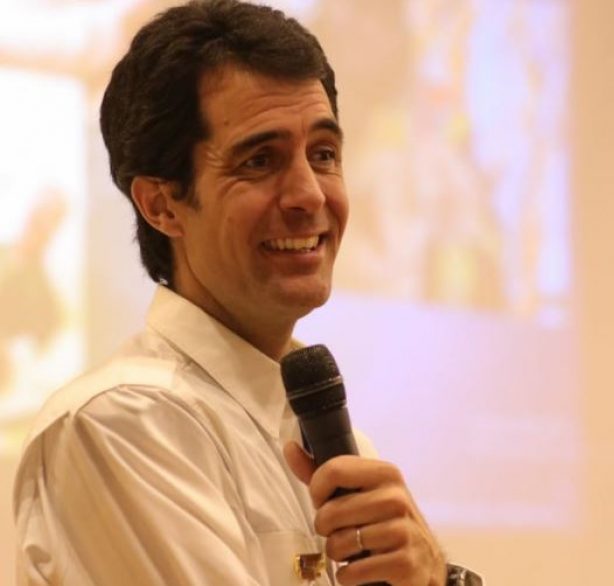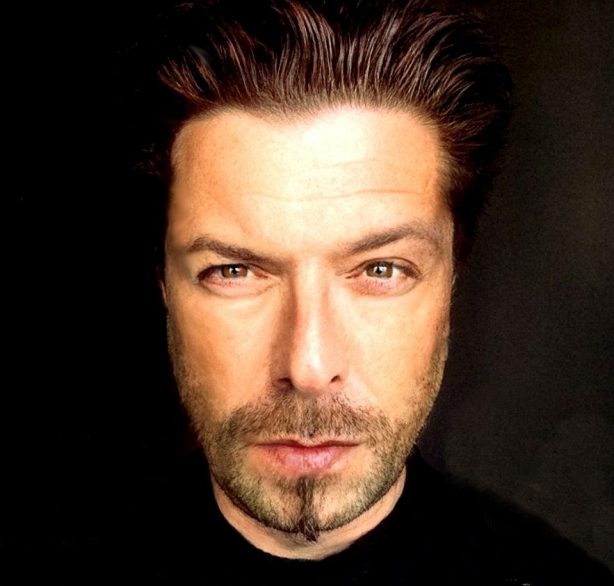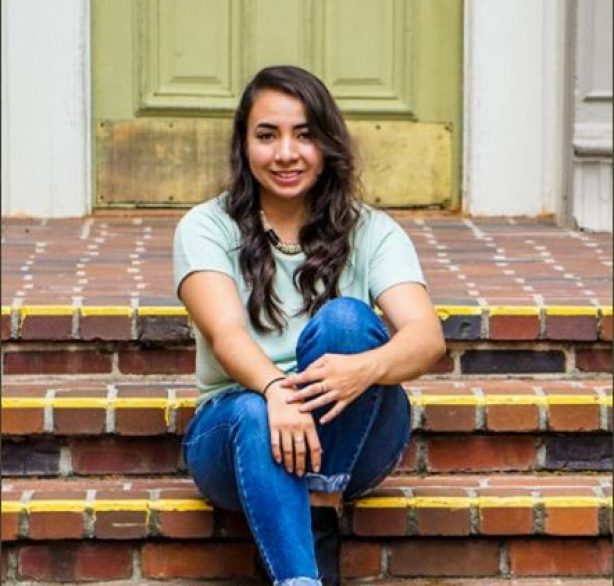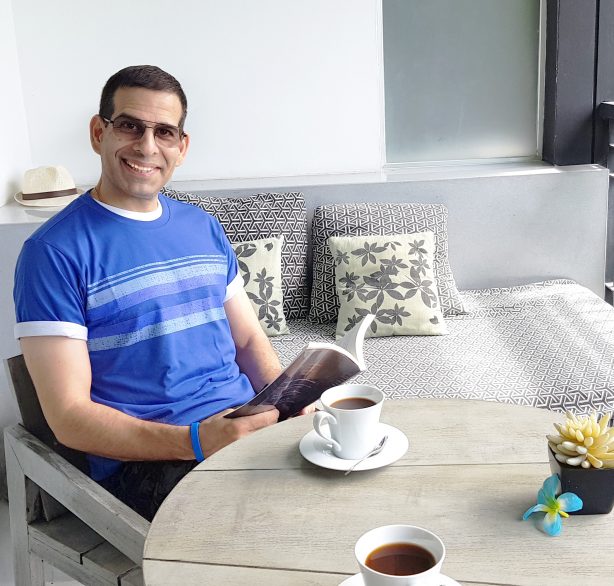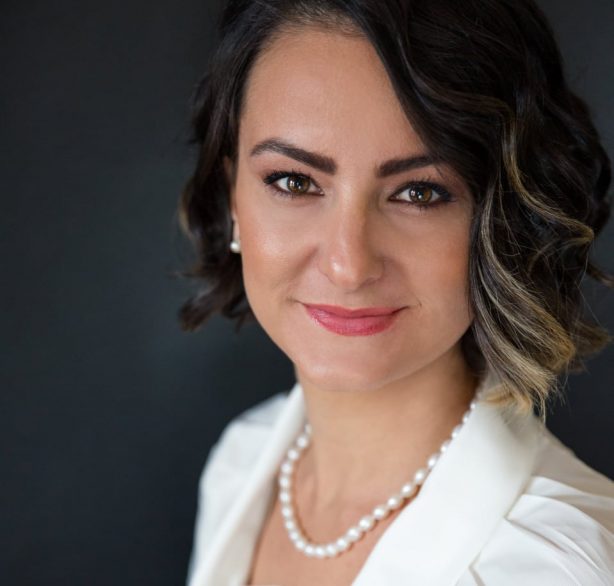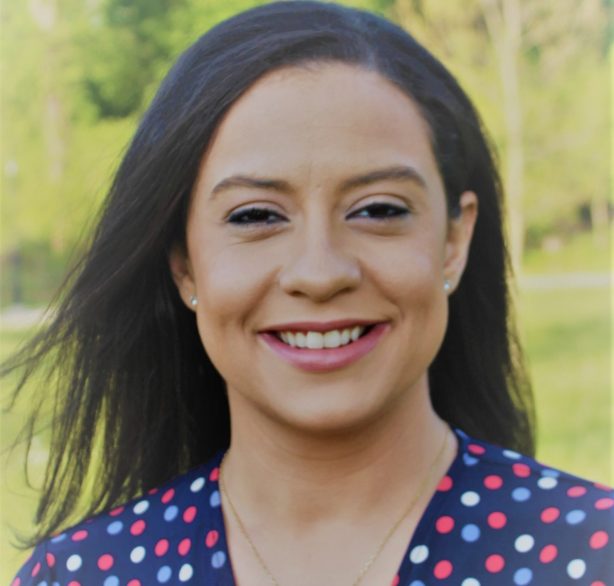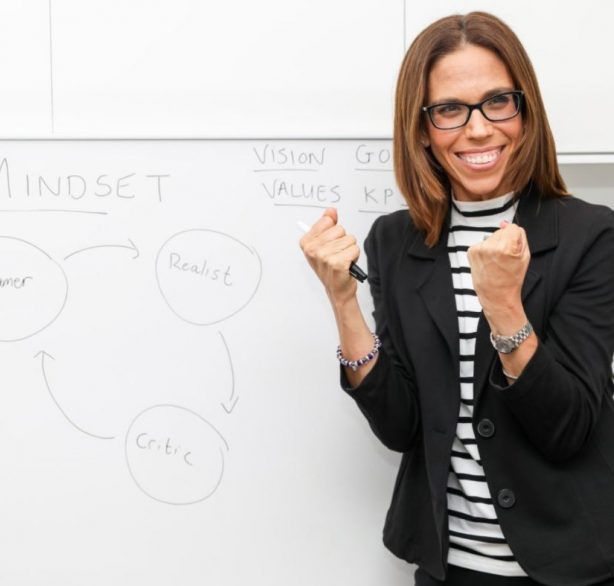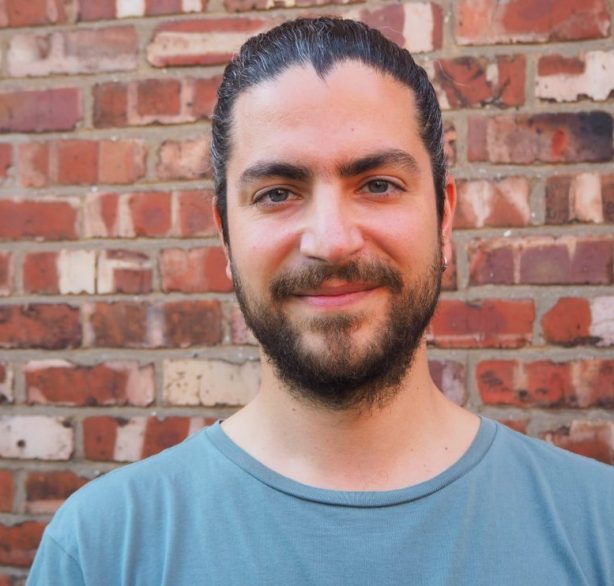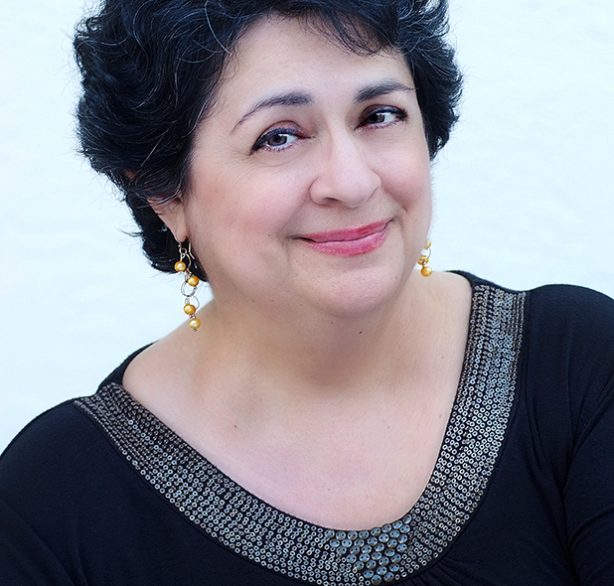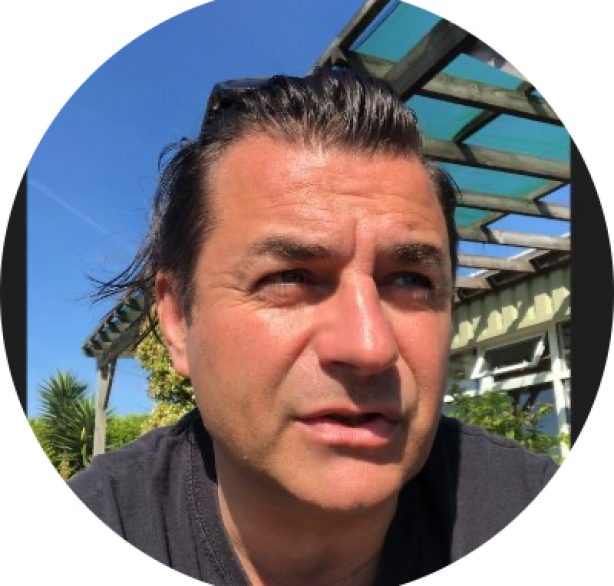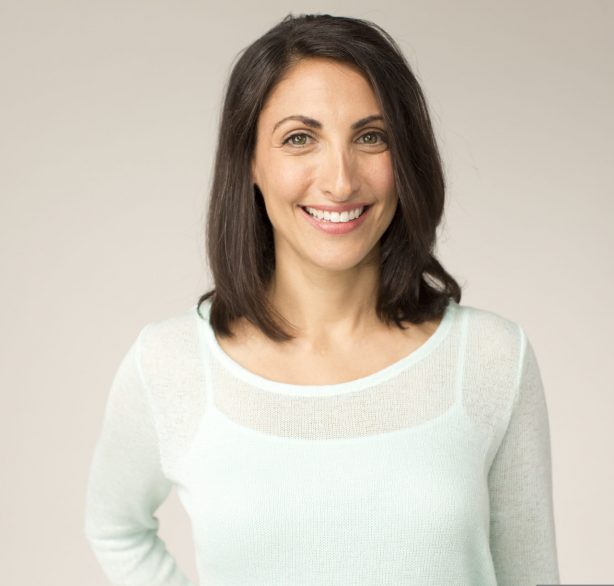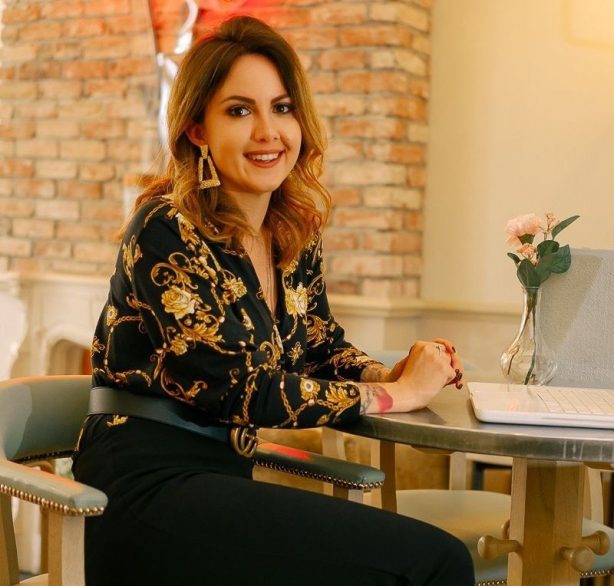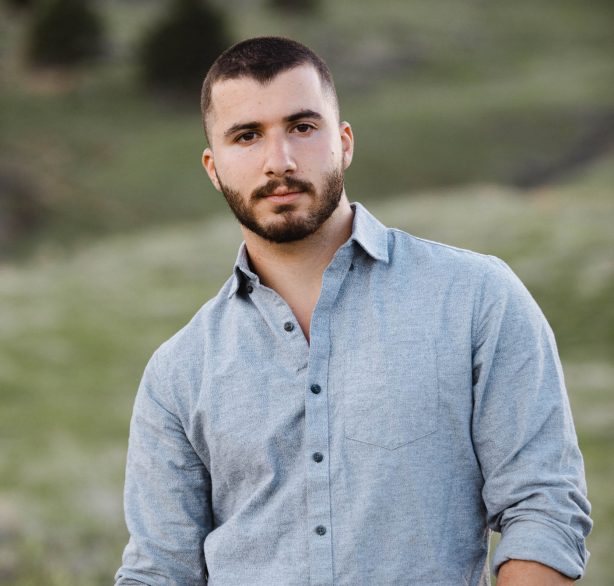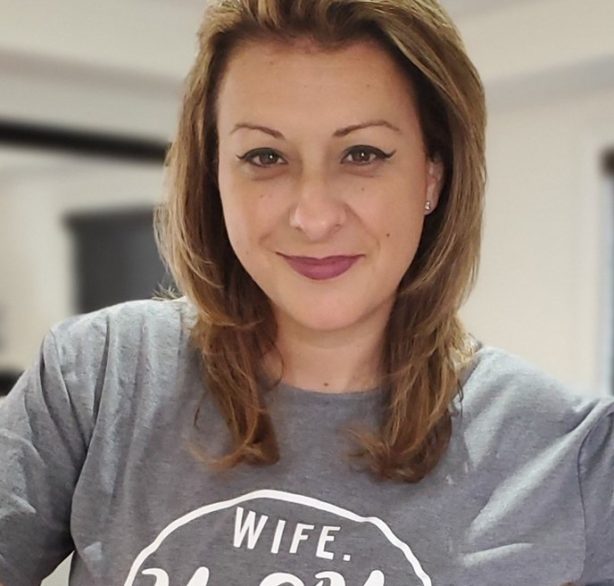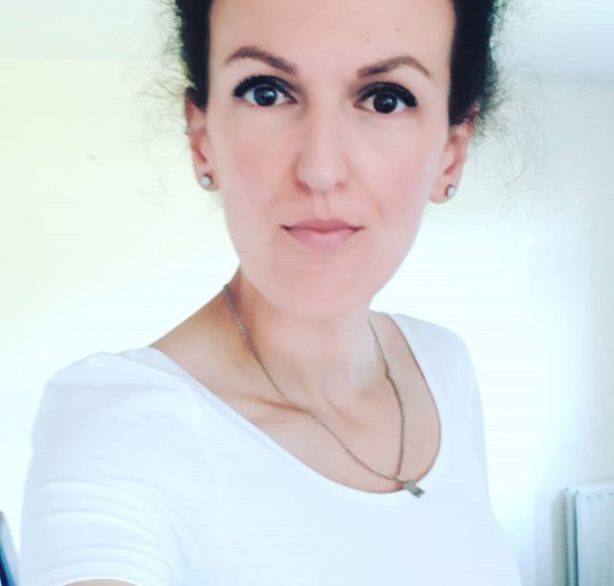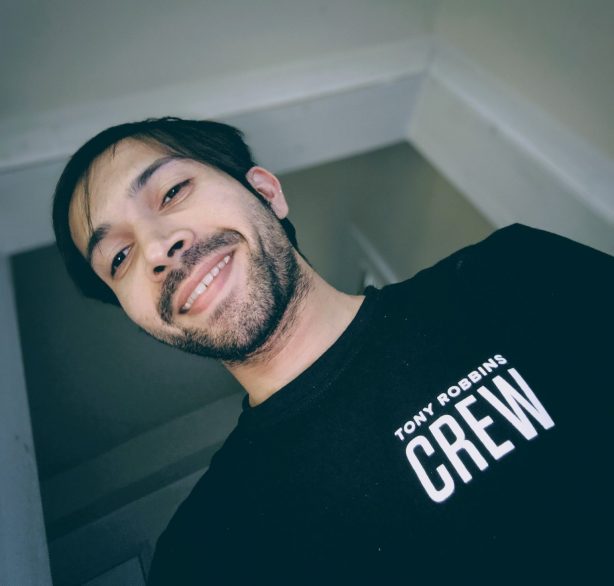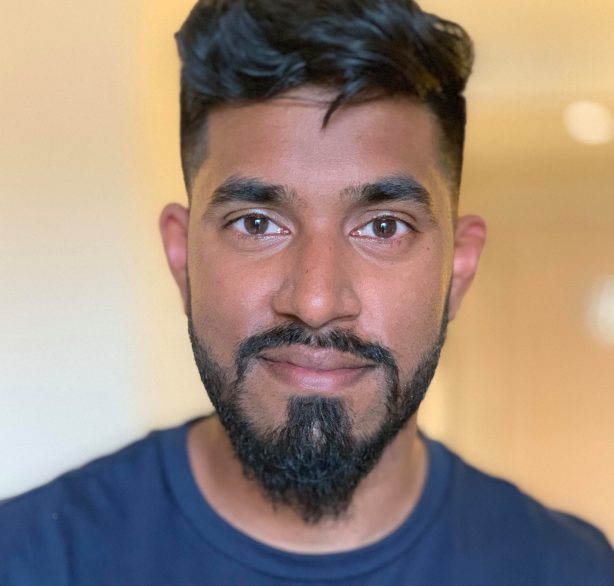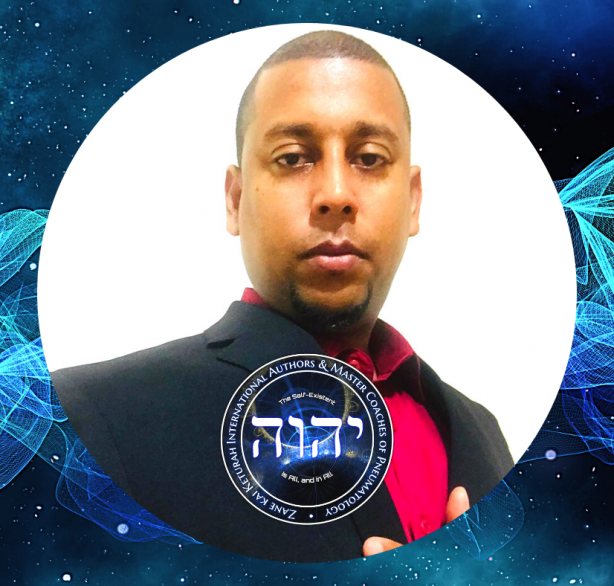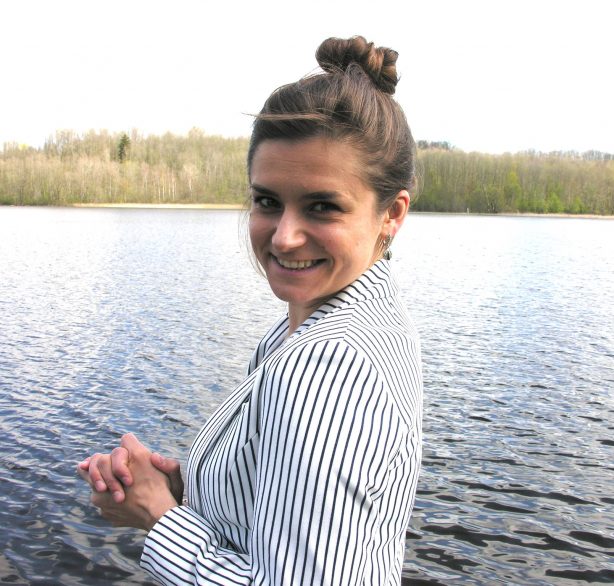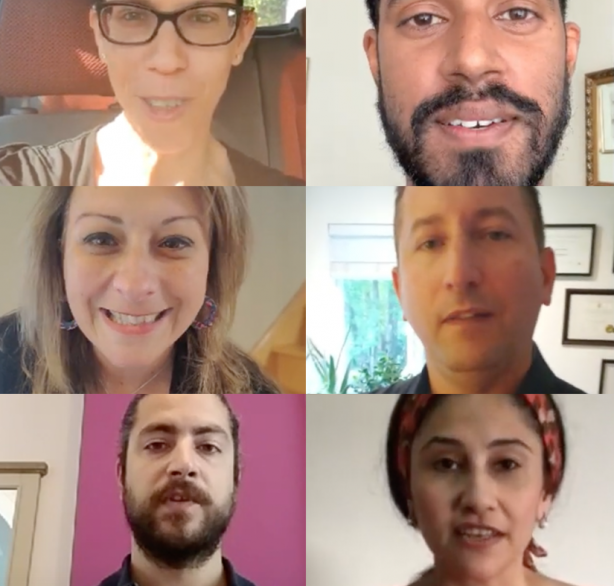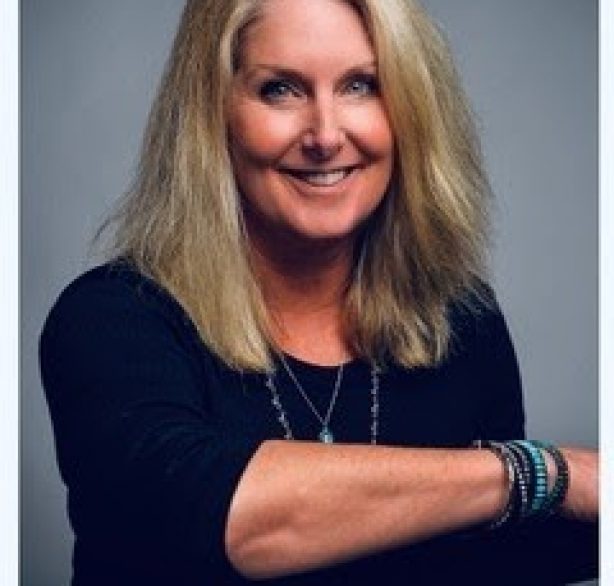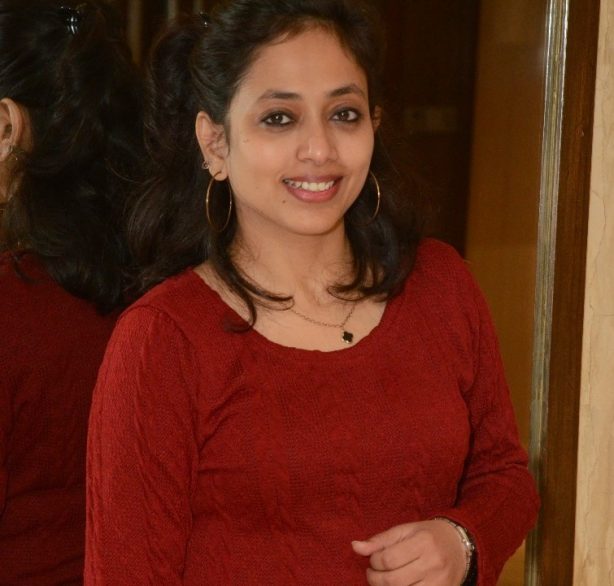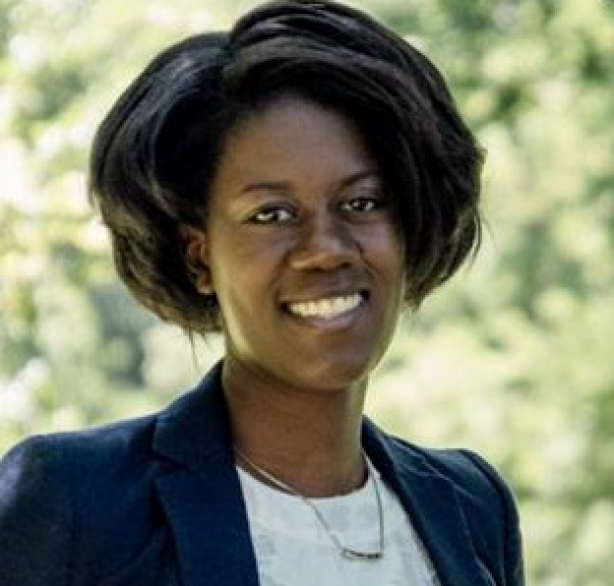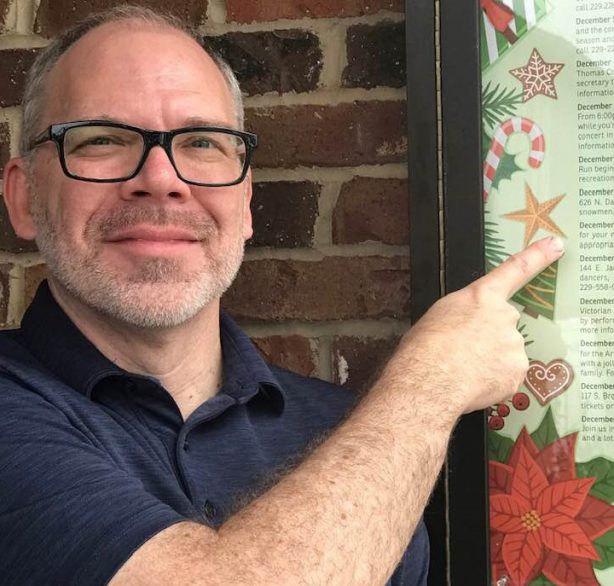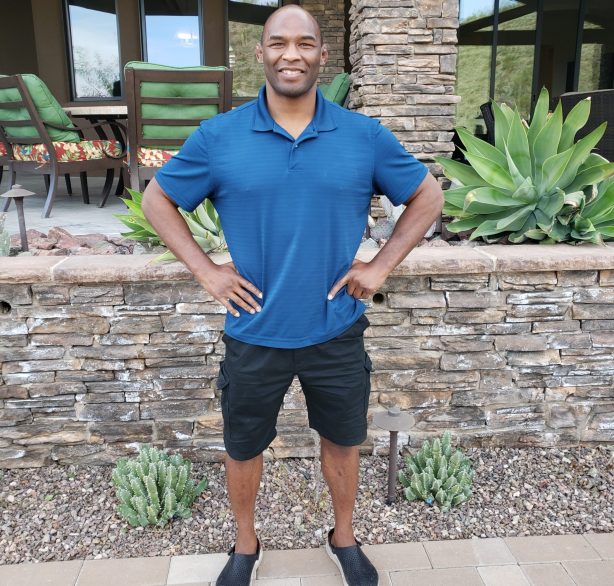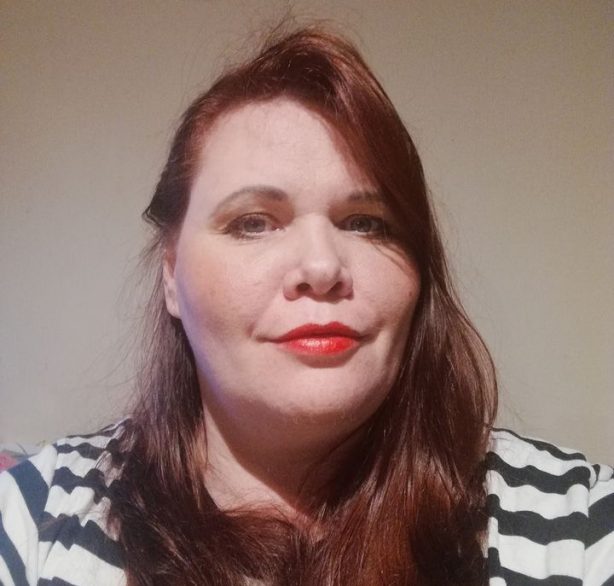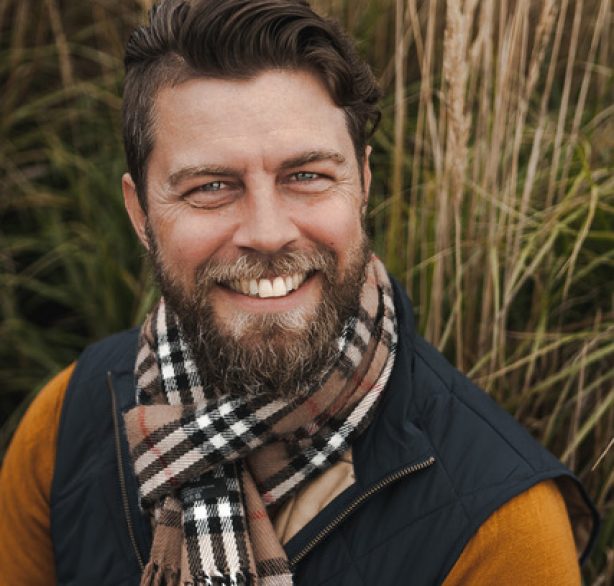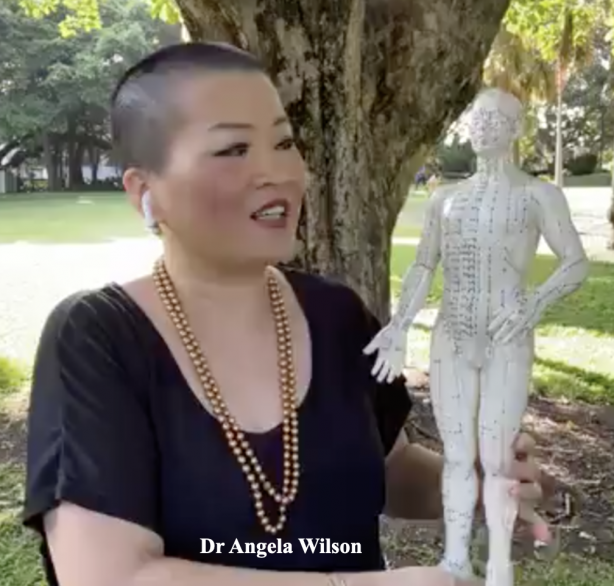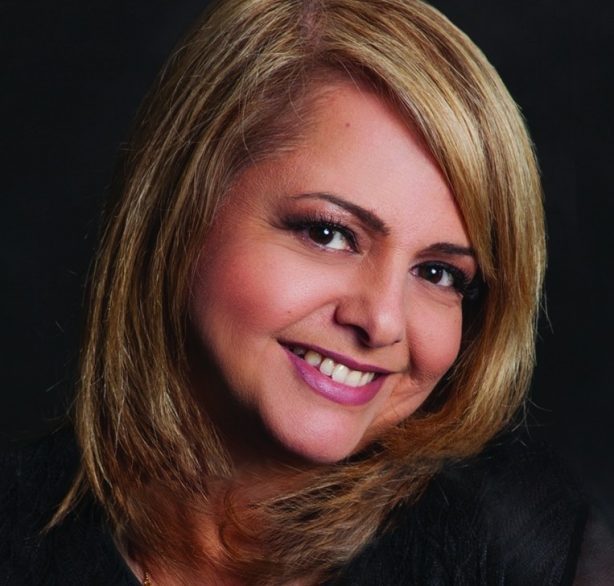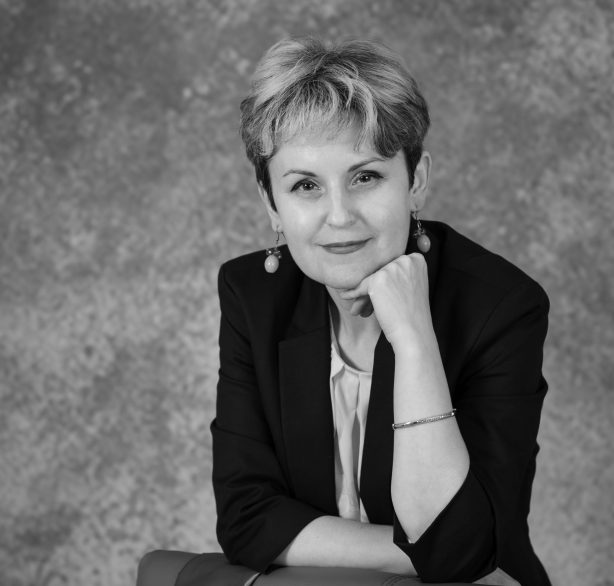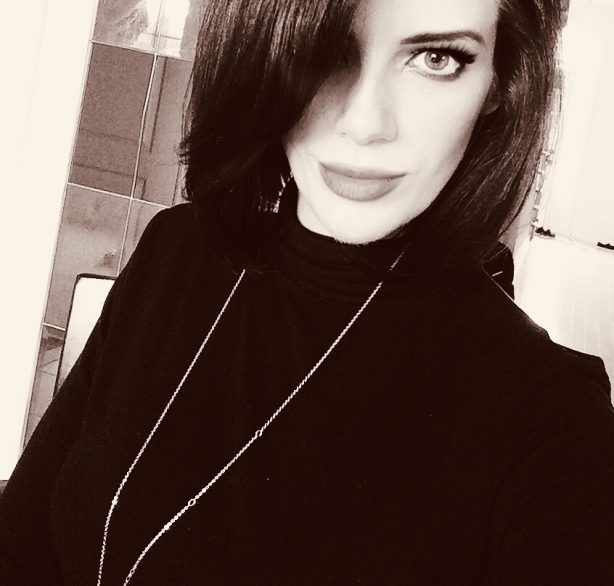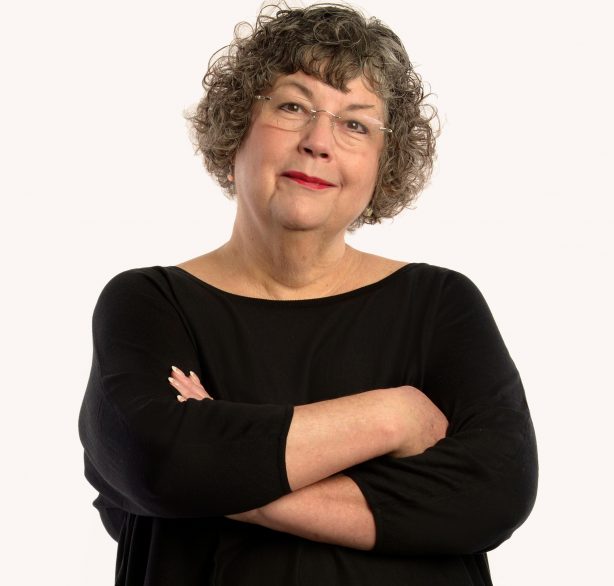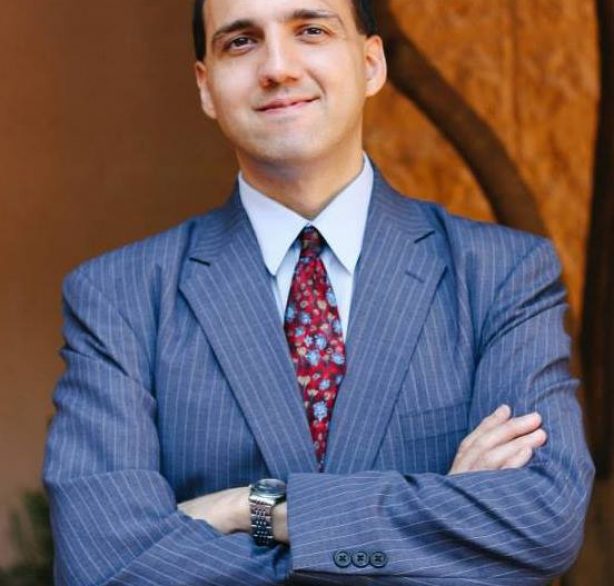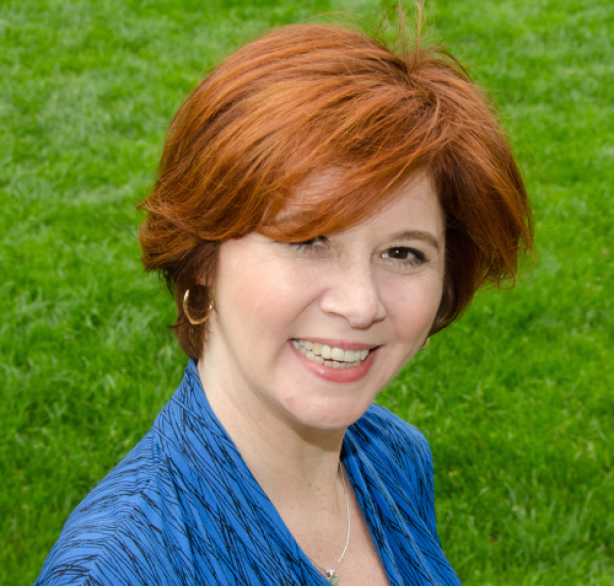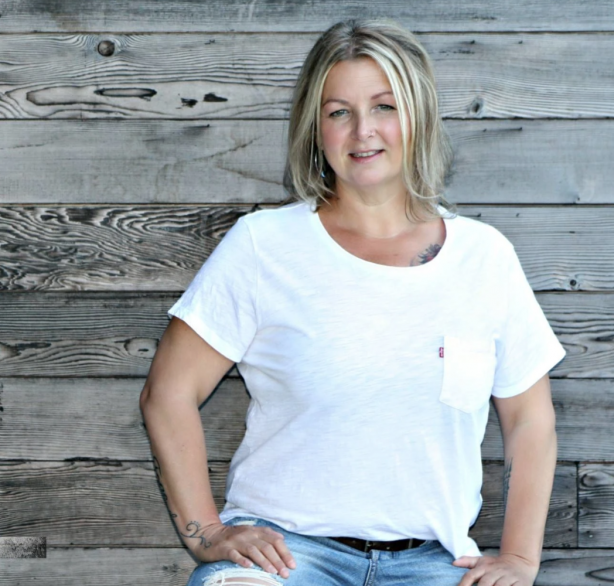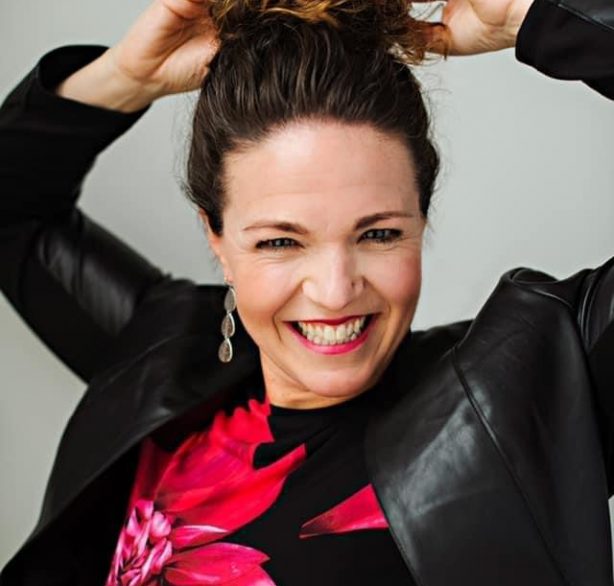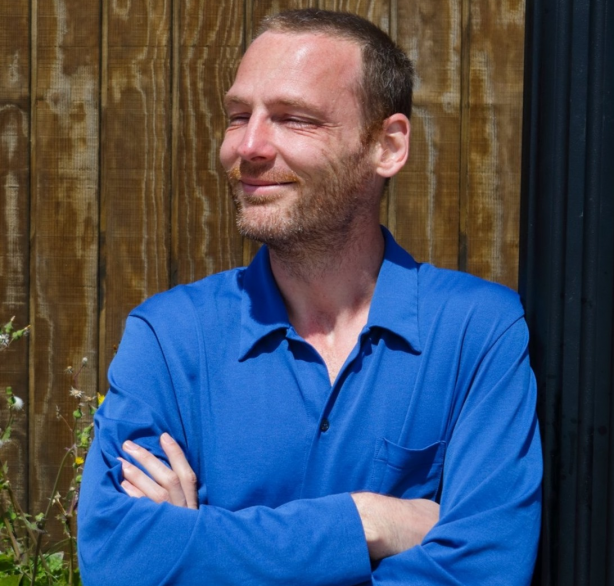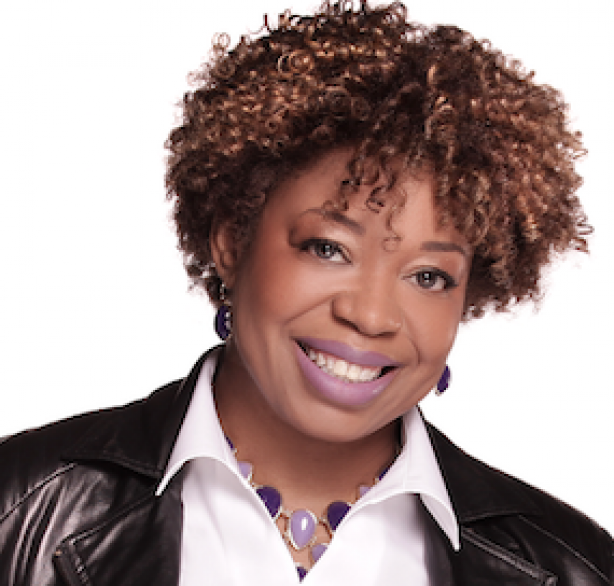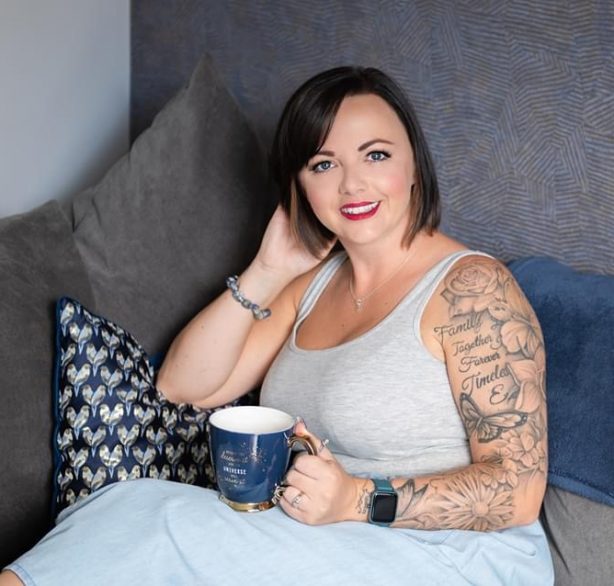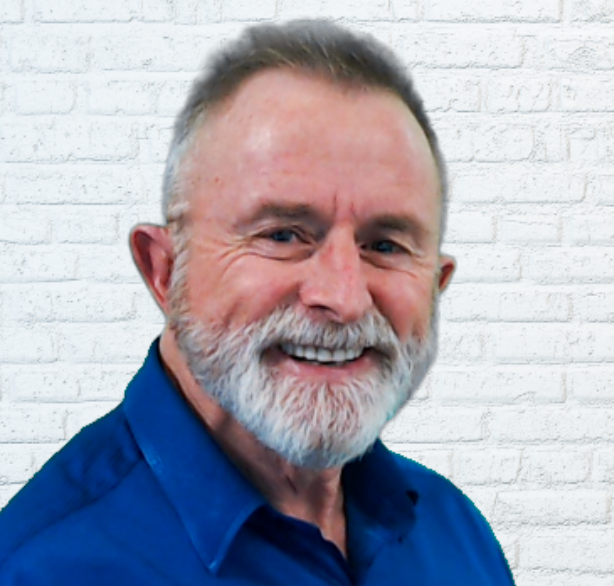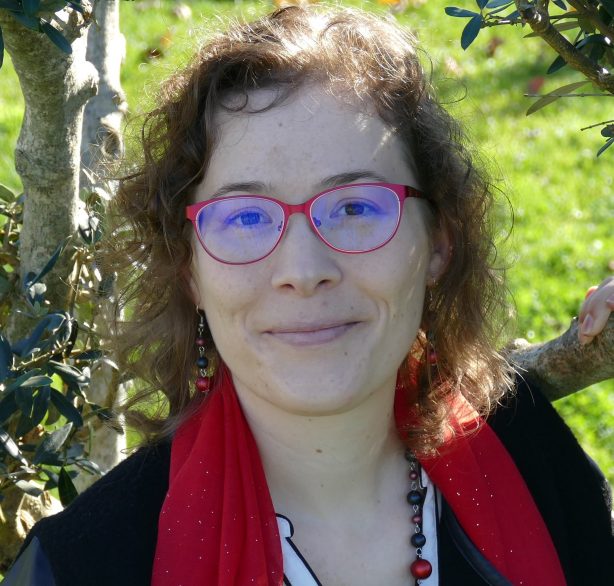Watch the full and inspiring interview with Alison
If you prefer reading, here is the transcribed interview
Ziv: Hey, I’m Ziv. This is “On The Journey”. Every week “On The Journey” explores the intersection of wellness, spirituality, inquiry, mental health, personal growth and purposeful living through the eyes of the people we interviewed.
Today, I am happy to host Alison. We’re going to talk about worthiness, which I would love to know what it actually means.
So, Alison, enlighten us
Alison: Well, thank you so much. I’m really happy to be here and of course, to talk about worthiness because
I believe worthiness is the foundation of every single choice that we make. It's every decision. It's how we interact with people. It is the foundation of all of it. Share on XAnd so I love talking about it.
Ziv. Wonderful. Let’s start. I think I know what it means, but I’m not sure. So let’s just make sure we both talk about the same thing. So, what is worthiness?
Alison: Well, worthiness is that understanding that you have inherent value and we talk about this worthiness and we toss the word around without really understanding in our core what it means.
And if we could just go back to basics, you were born. That makes you miraculous, which makes you worthy, when you look at a baby and say, “Oh, yeah, no, not a miracle.” but we look at a baby and, “Wow, this is incredible.”
And then we are born, come out into the world and the world tells us we’re not good enough. We’re not pretty enough, smart enough, tall enough, short enough, fast enough and whatever. Enough. And we believe it. And then we spend the rest of our time trying to get our worth from those people. Those the Hollywood stories, the books, all of that tells us we’re not good enough and then we lose our worth. But we have to get back to that place where we know where we’re worthy.
Ziv: Alison, I think that’s a great point. At some point in my life, I try to calculate the chances for me to be here and to the conclusion it’s way, way lower than winning the lottery. Like, by far, it’s like almost the chances are so low that it’s it’s unbelievable that I’m here.
And that my grand, grand, grand, grand, grand parents met. And all of that happened to the point that I would be here, right here and right now, which is unbelievable. And they look I looked at my life and I said, “Oh, my God, what a shame.”
The chances that I will be here are so low and look what I’m doing with my time and I felt so embarrassed and worthless. The question is, OK, so for us to be here, it’s a miracle. And then many of us short years ago look at our lives and say, oh.
Alison: They think there’s so many things working against us and essentially we get our worth one of two ways. We’re either going to get it internally, I am OK, regardless of what you are saying or doing. And I can stay in this place of neutrality because your behavior doesn’t impact my work or which obviously is a really great place to be and that’s what we should strive for. Or we can say, I need you to do something in order for me to feel like I have value.
I need you to respond in a certain way and then if you don’t, I have to manipulate the situation, work really hard either to make you feel bad so I feel powerful or to convert you to believing things my way in order for me to feel like I have value. And you can see how that’s just not sustaining.
But that is the way most people go through their day.
Ziv: Trying to get the reactions they need from the environment. Something they feel worthy.
Alison: Yeah. That we just feel okay because we have forgotten that we are worthy, full stop.
The ugly bits of ourselves, the beautiful bits of ourselves. All of that is worthy. Share on XWe end up beating ourselves up because we didn’t get an A on that exam and then we’re so stupid and we call ourselves names and we do all of that stuff and then those voices inside of us, we shrink them and only want to hear the ones that we think of us value. But it’s the value of hearing all of the voices, acknowledging all of the voices, understanding that we are all on the same journey together, all of the voices inside of us, all of the good bits, the bad bits, the neutral bits, they’re all part of us.
If we can stop denying that they are part of us and embracing them and see them as signs that’s helping us get back to our worth, we would go through life so very differently.
Ziv: Totally. In a paraphrase. Most people, when they are sad, if I will talk to them logically about why they are sad, I’m sure I can come with a very logic or make sense and explanation why there’s no there’s no reason for them to be sad. But that won’t change their mood, right?
I can tell you, “Hey, Alison, it doesn’t make sense that you’re sad because of ABC” and most chances it won’t affect effective and maybe even to the worst. So, I couldn’t understand. OK, I understand what you’re saying. I don’t know how I can make myself feel. I really believe that my mind can understand it, but how do I feel?
Alison: Yeah, and that is such an excellent point, because that’s what most people do. “Oh, you have no reason to be sad. Stop being sad.” But it’s like telling a child to stop asking for their mother’s attention.
“Mom! mom! mom!mom!”, “Stop it. Stop it!”, “Mom! mom!”
When I’m when you’re on the phon, right? That’s what happens when we just try to ignore those parts. They just get louder and more annoying. But one of the things that we can do is
When we find ourselves in interaction, give ourselves the gift of space. Share on XWhen we feel like we are uncomfortable in a situation, if we feel like we’re like needing something, take a moment and create space and ask yourself, where is my worth coming from right now? Am I going to be OK regardless of what that other person does?
The more we do that, when we enter into situations, the more we say, “Oh, I’m having an argument with my child, where’s my worth coming from right now? Why am I engaging this way? What is my part of making this up?”
Then we’re able to take that step back and go, we get to own what we’re bringing into that situation, which boosts our worth because we’re seeing that little kid that say, “Mom! mom! mom! mom!” right? We’re able to see that child. We’re able to see that part of us that’s acting out.
Bring it back in, take a deep breath and stop with the damage. But unless we start asking ourselves where our worth is coming from, unless we understand the difference between the internal and external worth, it’s really hard to change it.
Ziv: The practice is through those daily ongoing interactions, so every time we’re in that interaction, we need to stop, observe, see where the worth comes from and training each time to do it again and again until it’s internalized.
Alison: Yeah
Ziv: I have two questions. One, how do we stop? The same mindfulness method, like always just trying to be in the moment? Is there any other way? Because when my kid drives me crazy, I’m crazy.
Alison: *Laughing*
It’s hard to find places. We actually practice with things that aren’t as charged. Without that that heart emotional thing, when I’m putting on makeup in the morning, I can look in the mirror and I can say, where’s my worth coming from? And putting on my makeup.
Why am I doing this? Who am I doing this for? Right?
Ziv: Starting easy, starting small and easy.
Alison:
To always start with something simple, you do not pick the biggest problem in your life because you won't be successful. Share on XBut when you are looking at buying a new car, why are you buying that car? Who is it for? Who are you trying to impress? Is it a car that you love being in or is it another like I drive a jeep and somebody said to me, What’s your dream vehicle? And I’m like, my jeep. And they’re like, that can’t be it. I’m like, Oh, the states over.
But I’m not doing it for the person I’m dating. I’m doing it for me. The house that we live in, the jobs that we have to start taking that time and saying, why am I doing these things? Is it for them or is it for me? And the more we can bring it back to, it’s for me.
Maybe I got into social work because I wanted to save people because nobody took care of me when I was young. Right. That’s a very external kind of thing. You want to fix them so you feel better about yourself.
But if you’re able to go through it and go, OK, I understand that was my reason for getting into it initially, but now how can I do this for me? How can I show up every day where I am in my worth?
Everything we do ties back to our worth, every single decision we make. Share on XZiv: That brings the second question. When you say we do it for me, it sounds like. We’re supposed to have some anchor, when you say me, I needed a way to understand what is that to me? Because many times we’re defined by other people.
You say, no, I don’t need to be defined by others. Try to understand what you want. But many times what I want is what others told me that I wanted. What is the anchor that puts me in a situation where I feel worthy enough as I am and not what others want? How do I found the anchor inside of me?
Alison: I think it’s just always being curious, always just holding yourself accountable. Is this truly mine? Is my religion my religion, or did I inherited it? We just have to question these things and it’s in the questioning of it.
Do we actually start feeling more and more anchored? Because then we can say, “Oh, wow, I am involved in this religion because my parents were and their parents were and their parents were and I didn’t think I had a choice.”
Now, at that moment, you get to decide. But I do like this religion and so I want to stay. But now I’m doing it for me consciously and you can also make the decision like, whoa, I’ve never liked this.
It’s not easy. The more we do it, the easier it gets and it’s not easy because, as you say, it is so layered, it’s layered with guilt and shame. From the time we were born, us being told what feels good and what doesn’t feel good.
So it is time and being gentle with ourselves and enlisting in some processes of creating that space, because that space is a huge gift that you’re going to give to yourself and others.
Ziv: Creating the space, being gentle, and taking the time and space.
If you’re going on a journey, right?
Alison: Yeah
Ziv: Through all of these layers to try to get back to what I really want, where my worth comes.
Alison: Yeah, where am I most aligned to who I was when I was that baby that was born and I know that there seems to be a I’m fifty one. There is a huge distance between me and when I was born. A lot of things have influenced the things that I will never even begin to imagine.
Our soul knows what's right for us. Share on XAnd then our head gets involved and maybe our heart gets involved in some of our feelings, get involved, but our soul always knows. And so when we can create that space, we can have that quiet. That’s when we can hear it.
Ziv: Alison, thank you so much for helping us make the feel more worthy and to make sure that got you very practical methods, how to work with the state. Thank you for that so much.
Alison: Thanks for having me.
Ziv: It was totally my pleasure.
Who are you?
Alison believes that worthiness is the foundation of EVERYTHING we do. We can connect with our worth internally (yay) and have a strong foundation in life or we can connect with it externally (super sad face) and have a foundation built on sand.
Life is truly more remarkable when we can learn to reclaim the worth we were born with.
Alison has a background of psychology, criminology, sociology, and helps people Reclaim Their Worth.
She was a single mom on welfare when she started her first biz in construction over 20 years ago and is an international best-selling author.
DISCOVER MORE OF ALISON THROUGH FACEBOOK , TWITTER, AND WEBSITE.
